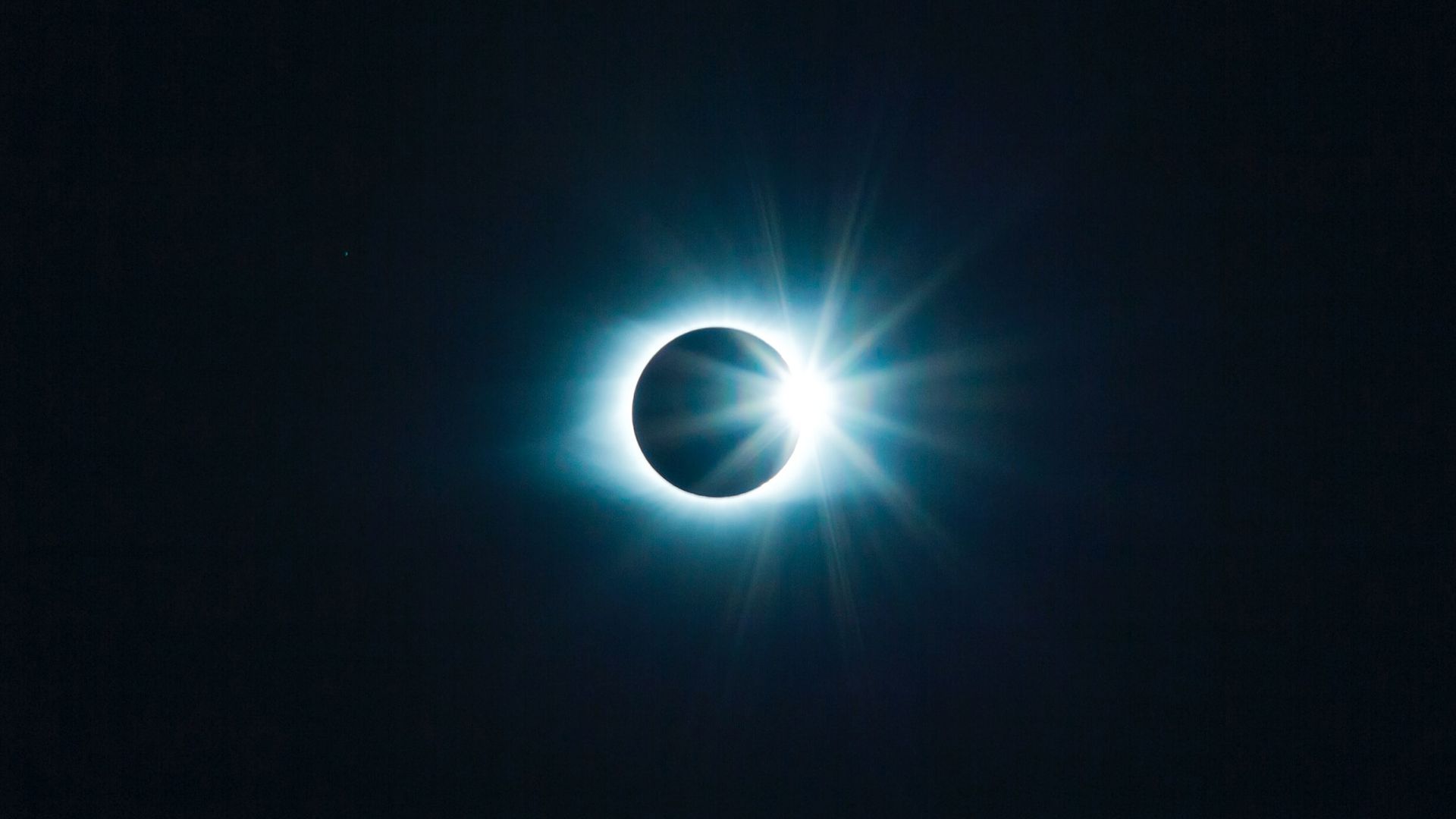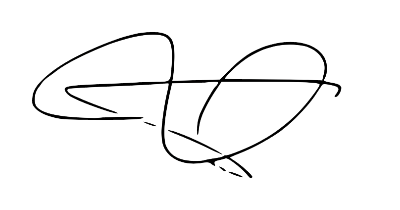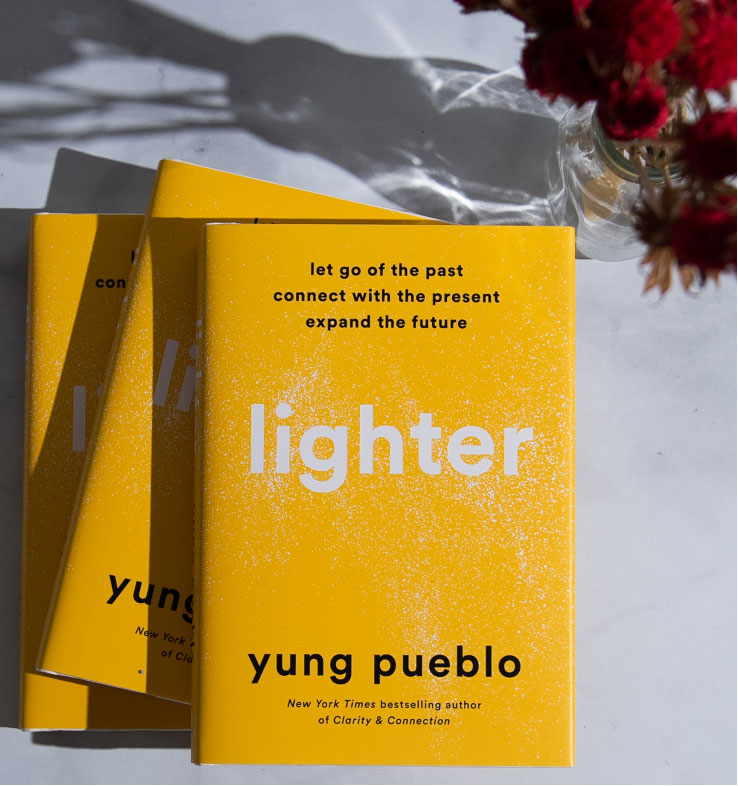Commusings: Not Enlightened, but Lighter by yung pueblo
Jun 17, 2023
Dear Commune Community,
It was a brilliant sunny day in Ojai, CA, and I was sitting on the patio of The Nest, a local eatery, with Byron Katie.
Given that Katie had once had an insight into the nature of all human suffering, I wasn’t about to waste our luncheon with small talk. I cut to the chase.
“Katie, what is enlightenment?” I queried.
Katie chewed her salmon leisurely. The gurus tend to take their time and then answer questions with questions.
She rejoined, “Well, Jeff, what makes you feel heavy?”
I pondered. “Eating too much red meat,” I responded. “Or holding resentment. Being hungover. A poor night’s sleep.” There were others.
Katie nodded. “OK, then Jeff, what make you feel light?”
“A green garden salad,” I answered, “and a spirited conversation. A deep sleep and being in nature.”
“Well, you see, Jeff, it’s that simple,” said Katie. “You don’t need to be Jesus or the Buddha to be enlightened. You just need to do the things that make you feel light.”
This must have been what Zen scholar D. T. Suzuki meant when he said, “Enlightenment is like everyday consciousness but two inches above the ground.”
Today’s essay springs from the nimble pen of Yung Pueblo. It’s a tale of becoming light.
Here at [email protected] and blithely on IG @jeffkrasno.
In love, include me,
Jeff

• • •
Not Enlightened, but Lighter
Excerpted from lighter by yung pueblo
pick the path that lights you up
the one you know deep down is the right choice
stop listening to doubt
start connecting with courage
do not let the idea of normal get in the way
it may not be the easy path
but you know great things take effort
lean into your determination
lean into your mission
lean into the real you
• • •
As I lay there on the floor, crying tears of fear and regret, my mind took on a sharpness that for the first time allowed me to see how far I had veered from my potential—how I had allowed drugs to block me from having to deal with my inner sadness.
I had been recklessly pushing my body and mind with dangerous excess when I finally pushed myself too far. It was during the summer of 2011, after another night blindly focused on the pursuit of escape and pleasure, that I found myself on the floor, thinking my heart was going to explode.
I was twenty-three and convinced that I was having a heart attack. I was both scared I was dying and embarrassed that I had let myself get to this point.
My mind flashed back to my teen years, working as an activist and organizer for the Boston Youth Organizing Project (BYOP). I remembered how nourishing it felt to be part of a group helping others reclaim their power and making real change.
How had I lost my path?
In the beginning, I thought I was just having fun and that I was in control. But I could now see that the partying had become a way for me to avoid spending time with myself. I used and abused drugs to numb the pain and hide. There was sadness and anxiety inside me that screamed for my attention, but all I could do was turn away from it. And my drive to keep my attention away from my emotions stood like a wall blocking me from considering the long-term impact drugs would have on my well-being, on my life.
My mind also kept focusing on the bravery of my parents, how much they had to sacrifice and how hard they had to work to give me, my brother, and my little sister a better life in the United States. When I was four years old, we moved to the United States from our home in Ecuador. Being immigrants and trying to make it in our new city of Boston, left its mark on all of us.
In the long run, it was the right decision to move here, but for the first decade and a half we all felt the intense pressure of poverty. It almost broke us. My mother cleaned houses and my father worked in a supermarket. It was a miracle they made ends meet, but too often it was an incredible struggle that placed them under an immense amount of stress. Even though we lived simple lives with zero luxuries in a small two-bedroom apartment, money was always lacking.
As I lay on the floor, I kept thinking to myself, “I don’t want to die this way. I don’t want to let my parents down. They have worked so hard and selflessly, given so much to me, that this would be a horrible way to die. I need to live and make the most of the opportunity they have given me.”
For about two hours I just lay on the floor, unable to move, as I felt the shock my body was going through. I prayed and begged for my life, as I kept bouncing between regret and gratitude.
Regret for slowly losing the drive to serve others and for not figuring out earlier how to handle my inner tension in a healthy way.
Gratitude for the strength of my parents and their ability to take care of me and my siblings under such challenging conditions, for their selflessness and their unwavering love.
Most of all, I felt an enormous pull to cling to life and begin again so that I could make the most of all the energy my parents had put into giving me the chance at a better life.
The movement between regret and gratitude reignited the fire of life in my body. After a few hours, my heart stopped beating so intensely and I no longer felt as if my life were on the brink of ending. My body felt incredibly fragile and exhausted from trying to remain in the realm of the living, but even so I got myself back on my feet.
I had one clear objective. I grabbed all the self-prescribed “painkillers” I had and threw them away. That day, I resolved deeply in my heart to stop dulling my senses and to start the long walk back to a better life.
Gambling with my life, just because I feared my emotions, was over. I knew that I had to cut out all the drugs and start being radically honest with myself.
I did not yet understand what was happening inside me and why I had fallen into such bad habits, but I knew part of the reason was that I was lying to myself about how I really felt inside. I didn’t know how I would finally heal, but I instinctively knew that my path forward had to be based on radical honesty, having the strong determination to stop ravaging my health with dangerous intoxicants and focusing on building new healthier habits for my body and mind.
I knew it was not going to be easy, I knew that good habits would feel like entering an unknown world, and I knew the only way to walk through it would be by taking each step with bravery and determination. But I was done with hiding.
During the years when I had abandoned myself, my mind felt undeniably heavy, and I knew that I needed to find a clear way to feel lighter. I began by examining every part of my life and put my focus on doing the opposite of what had almost led me to an early death, from eating foods that made me physically stronger to exercising to paying real attention to my thought patterns, even when they felt turbulent. I started examining my relationships with friends and family and tried behaving with kindness and patience in areas where there was once too much roughness and irritability.
I acted like a detective in my mind, asking questions to investigate and discover the source of my problems. Whenever the urge to escape with intoxicants tried to take hold, I would bring my awareness inward to take a good look at the tension. I remember finding immense amounts of sadness and fear, and an emptiness that ached for love. Later I would discover that this was a space that only my own love and unconditional compassion could fill.
I did not immediately arrive at answers to all my questions, and it was not until I started meditating that I learned the real root of my suffering. But the simple act of being unafraid to take a deep look within released much tension in my mind. Simply accepting whatever I found helped me feel a new sense of ease, even when my mood was down. Running away from myself took up so much more energy than mustering the courage to embrace solitude and stillness.
The first year of building positive habits created a massive shift in my life. I did not feel terrific immediately, and every day was not a good day. Most days felt like a huge struggle. From the work of sitting intentionally with an emotion that scared me or just the mundane task of waiting in the cold for a bus to take me to the gym, staying committed was not easy. It all felt new and difficult. There were many ups and downs during that time, but my persistence did not waver. Going back to how things were was no longer an option.
The habits that initially felt like impossible tasks started slowly becoming second nature. And as time passed, happiness became more common and my heart started feeling stronger. No matter how stormy my emotions got, bits of joy began appearing at random. I kept up the practice of turning inward to take a good look at what was bubbling up inside me, and, once the changes in me started adding up, I noticed that my relationships with family and friends were also improving. The old feeling of heavy, stagnant energy started lifting. Before the healing, I felt like a stranger inside my mind and heart. Gradually, that feeling passed and I began to feel at home in my own being.
Though life already felt new, and the learning felt continuous, when a friend told me about Vipassana meditation in 2012 I knew intuitively that this was something I needed to pursue to take my healing to the next level. Vipassana means “to see things as they really are.” These are silent ten-day courses that teach you how to purify the subconscious mind through self-observation.
The healing began as soon as I initiated practicing radical honesty, but much deeper levels of healing opened up when I took up meditating. As I progressed in meditation and attended silent courses a few times a year, not only did I begin to feel better, but I started to feel freer. It took a while for me to be able to meditate consistently at home, but when I made a full commitment to meditating daily, starting in 2015, the positive changes in my mental health flourished. By 2016, I stopped consuming alcohol and marijuana and adopted a lifestyle that was free of all intoxicants. I felt like the two were making my mind dense, while meditation was trying to make my mind lighter.
Turning inward by practicing meditation felt like an intimate and personal renaissance. I started learning so much about myself and the human mind. Closing my eyes to feel what was really inside me opened me up to an entire universe. Not only did I gain insight into my personal emotional history, but I also started feeling the undercurrent of
impermanence that is pervasive throughout all of reality.
The learning accelerated to a new level that went beyond knowledge and started entering the realm of wisdom. This was a type of learning that superseded anything I had ever read about, a type of insight that could only be gained through direct experience. And the shifts in my internal life had an immediate effect on my external life, especially when it came to listening to the guidance of my intuition. In my new view, the world was elevated into higher definition—cultivating presence made everything around me look more vibrant and crisp. Self-awareness began to blossom and a greater sense of inner clarity helped me overcome the fear of being alone with my thoughts. My mind simply felt like it had new space where I could more intentionally choose the actions that felt most genuine and least harmful when tough situations would arise.
There was nothing perfect about this period, no great attainment, no sense of being fully healed or fully wise. I was not enlightened at all, but I did feel lighter. What I gained was an all-encompassing relationship with my humanity and a growing ability to accept the truth that rejecting change only makes life harder.
Though my mind is no longer overburdened with tension and I have learned to dwell more in the present, I still feel that I am full of imperfection. The journey to grow in my healing and freedom continues. To this day, I feel like a student fortunate to learn from the wisdom that anyone can access when they observe reality within the framework of the body.
• • •
healing isn’t about filling your life with pleasure
or never having a hard moment again
it’s about being real
and facing what you feel
so that it doesn’t accumulate in unhealthy ways
being with the down moments is better than
carrying unprocessed pain everywhere you go
• • •
people who have experienced deep suffering
and are still gentle with others
do not get enough credit
to not let the hard things
that happened to you win is heroic work,
to drop the bitterness
and still live with an open heart
despite it all
is a massive gift to the world
Diego Perez is a meditator and #1 New York Times bestselling author who is widely known on social media through his pen name Yung Pueblo. Online he has an audience of over 3 million people. He has sold over 1 million books worldwide that have been translated into over 25 languages. His writing focuses on the power of self-healing, creating healthy relationships, and the wisdom that comes when we truly work on knowing ourselves. Diego's fourth book, The Way Forward, will be released on October 10, 2023.
From the book LIGHTER: Let Go of the Past, Connect with the Present, and Expand the Future by Yung Pueblo. Copyright © 2022 by Diego Perez Lacera. Published by Harmony Books, an imprint of Random House, a division of Penguin Random House LLC.
Leading teachers, life-changing courses...
Your path to a happier, healthier life
Get access to our library of over 100 courses on health and nutrition, spirituality, creativity, breathwork and meditation, relationships, personal growth, sustainability, social impact and leadership.
Stay connected with Commune
Receive our weekly Commusings newsletter + free course announcements!



